Decriptare i file dal ransomware Xinglocker
Possiamo recuperare i dati criptati dalla maggior parte delle estensioni di ransomware su qualsiasi dispositivo di archiviazione
- VMware ESXi
- Microsoft Hyper-V
- Microsoft SQL Server
- Firebird
- Oracle
- VMware ESXi
- Microsoft Hyper-V
- Microsoft SQL Server
- Firebird
- Oracle
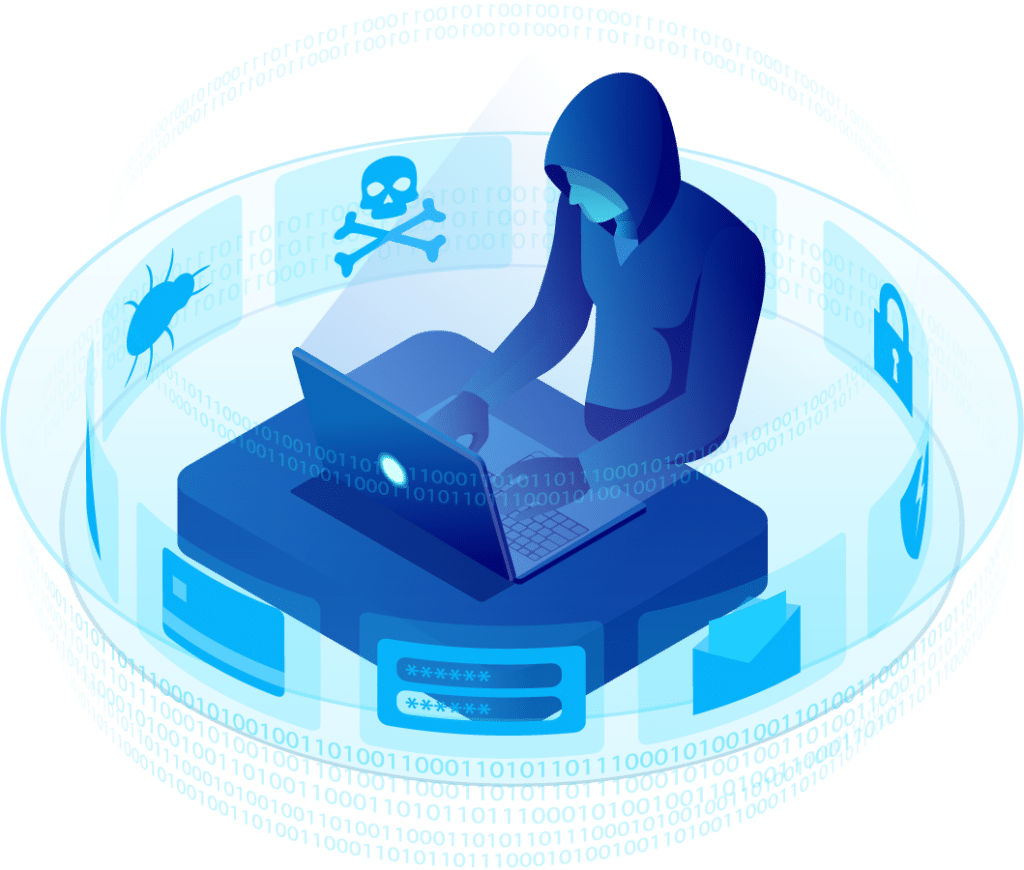
SERVIZI IN TUTTO IL MONDO
CASI DI ATTACCO LOCKBIT
CASI DI ATTACCO BLACKCAT
CASI DI ATTACCO DI HIVE LEAKS
CASI DI ATTACCO DI MALLOX
CIFRA RISPARMIATA SENZA TRATTATIVA CON GLI HACKER
Decriptare i file dal ransomware Xinglocker
Con le nostre soluzioni uniche, il recupero dei file crittografati da Xinglocker è diventato possibile.
Di fronte a un evento così disastroso, si possono fare poche cose, soprattutto se i backup sono stati compromessi o non sono aggiornati. Il numero di imprese fallite dopo aver subito un attacco e aver i dati criptati ha raggiunto cifre da capogiro.
In molti casi di Xinglocker, anche dopo il pagamento del riscatto richiesto, i criminali non inviano la chiave di decrittazione necessaria per ripristinare i dati criptati. In tali circostanze, non esiste un’autorità superiore a cui rivolgersi per ottenere assistenza.
Digital Recovery offre soluzioni di decriptazione dei file colpiti da ransomware, offrendo una soluzione preziosa in un mercato in cui questo tipo di attacchi sta diventando sempre più comune. Negli ultimi anni, abbiamo risolto con successo un numero elevato di casi di ransomware Xinglocker.
Perché la Digital Recovery?
Con più di 23 anni di esperienza, abbiamo acquisito una vasta base di clienti soddisfatti in tutto il mondo. Offriamo soluzioni di decriptazione dei file colpiti da ransomware che possono essere eseguite da remoto, e il nostro servizio clienti multilingue è a disposizione dei nostri clienti in qualsiasi momento.
Dato l’aumento degli attacchi ransomware Xinglocker in tutto il mondo, ci siamo specializzati nella decrittazione di tali attacchi. Abbiamo sviluppato una soluzione unica che può essere applicata alla maggior parte dei dispositivi di archiviazione, tra cui macchine virtuali, sistemi RAID, storage (NAS, DAS, SAN), database, server e molto altro ancora.
I nostri specialisti altamente qualificati utilizzano le più recenti tecnologie disponibili per il recupero dei dati, tra cui la nostra tecnologia proprietaria TRACER, che ci ha consentito di ottenere un elevato numero di casi di successo nella decrittazione dei file colpiti da ransomware Xinglocker.
Offriamo una diagnosi avanzata che ci permetterà di capire l’entità dell’attacco, questa prima diagnosi può essere fatta entro le prime 24 ore lavorative. Dopo questo processo, forniamo l’accordo commerciale e, una volta accettato, iniziamo il processo di decriptazione dei file.
Tutte le nostre soluzioni sono supportate dal Regolamento generale sulla protezione dei dati (GDPR), grazie alla quale offriamo una sicurezza totale ai nostri clienti. Forniamo anche un accordo di riservatezza (NDA) sviluppato dal nostro ufficio legale, ma se vi sentite più a vostro agio nel fornire un NDA sviluppato dalla vostra azienda, siamo aperti ad analizzarlo e accettarlo, se necessario.
Siamo
sempre online
Compila il modulo o seleziona la forma di contatto che preferisci. Ti contatteremo per iniziare a recuperare i tuoi file.
Storie di successo
Cosa dicono di noi i nostri clienti
"Abbiamo avuto un grave problema dopo un'interruzione di corrente di un server NAS in Raid 5. Ho contattato immediatamente DIGITAL RECOVERY. Dopo alcuni giorni di duro lavoro il problema è stato risolto."
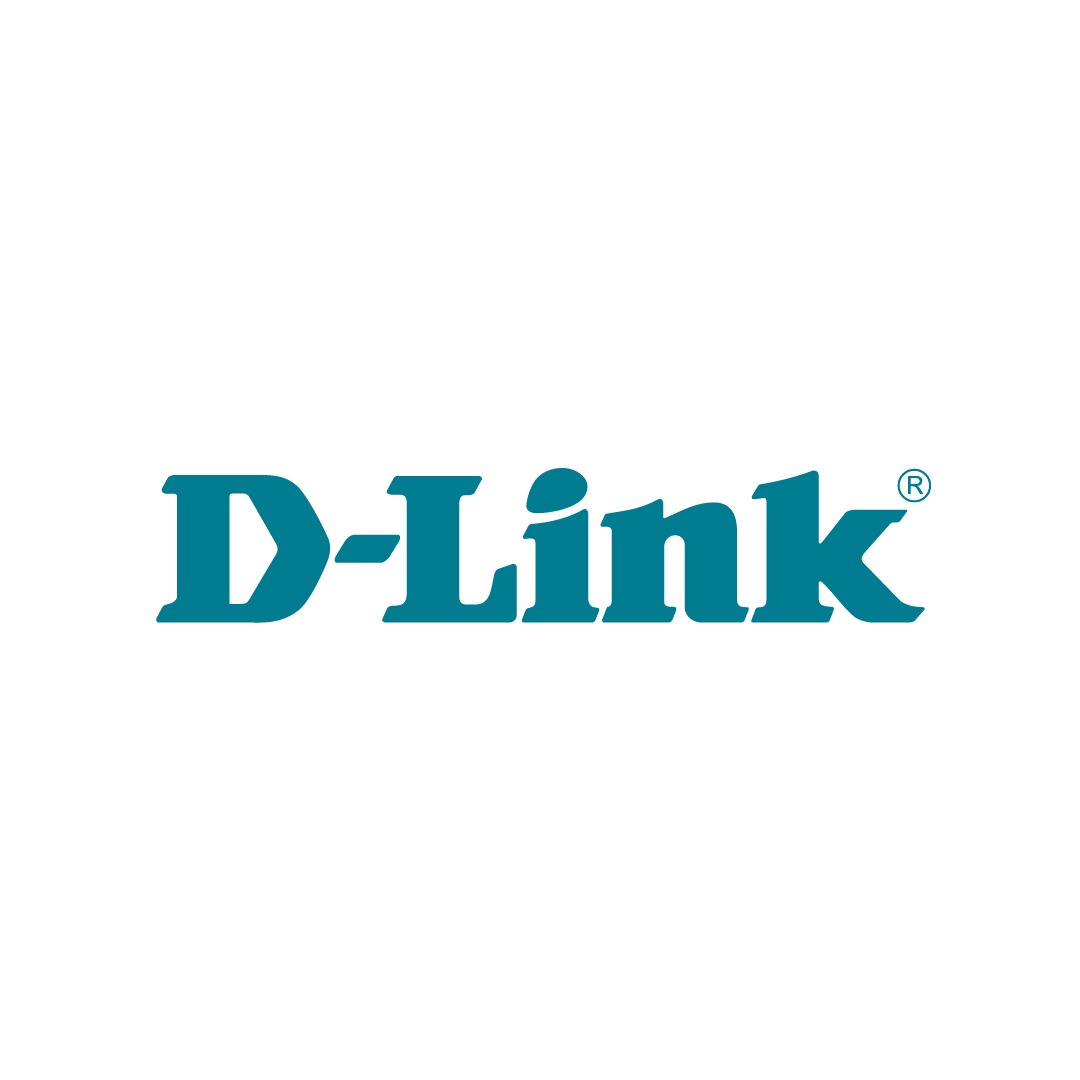
"Uno dei nostri server raid si era fermato. Dopo vari tentativi senza risolvere il problema abbiamo trovato DIGITAL RECOVERY e 5 ore dopo, alle 4 del mattino, i dati sono stati recuperati."

"Abbiamo incaricato DIGITAL RECOVERY di un caso particolare (di perdita di dati) in uno storage raid 5. Digital Recovery ha recuperato i 32 milioni di file del cliente lasciandolo estremamente soddisfatto."

"Senza dubbio la migliore azienda di recupero dati dell'America Latina. Il contatto Digital Recovery sarà sempre salvato sul mio telefono, perché inevitabilmente ne avrò di nuovo bisogno."

"La qualità del servizio è eccellente. L'attenzione al servizio clienti è gratificante e il feedback che riceviamo ci rassicura sulla fiducia nel lavoro e nella dedizione."
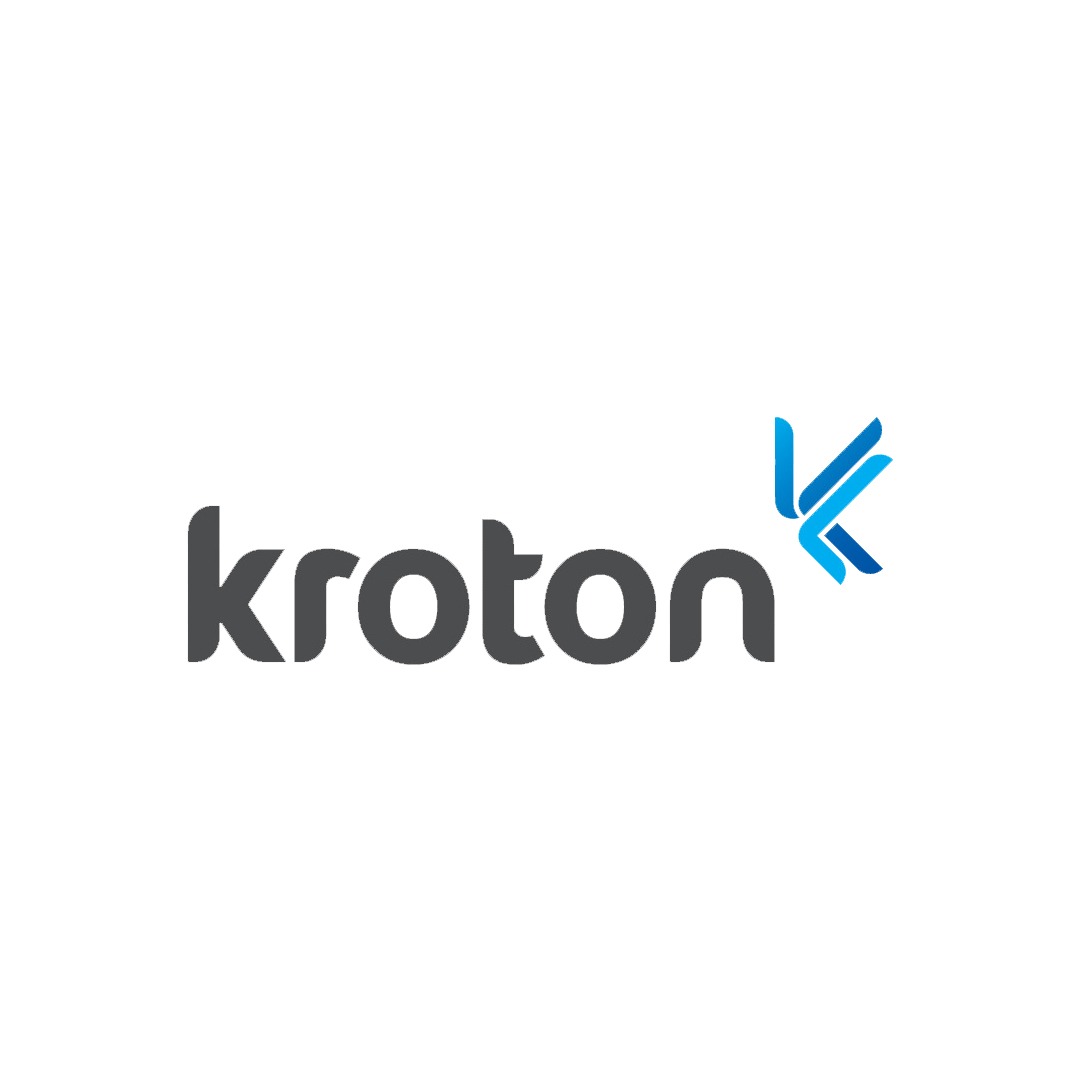
Cliente dal 2017
"Ottima azienda, mi hanno salvato da un grosso problema! Consiglio, servizio veloce, i miei ringraziamenti al team di Digital Recovery per l'attenzione e la rapida soluzione del problema! Mostra"

"È la seconda volta che conto con l'agilità e la professionalità del team di Digital Recovery, sono molto esperti e agili. Raccomando a tutti"

"Mi hanno aiutato a recuperare alcuni dati che pensavo fossero andati persi. Ho avuto un'ottima esperienza con il team per la sua calma, agilità e trasparenza."
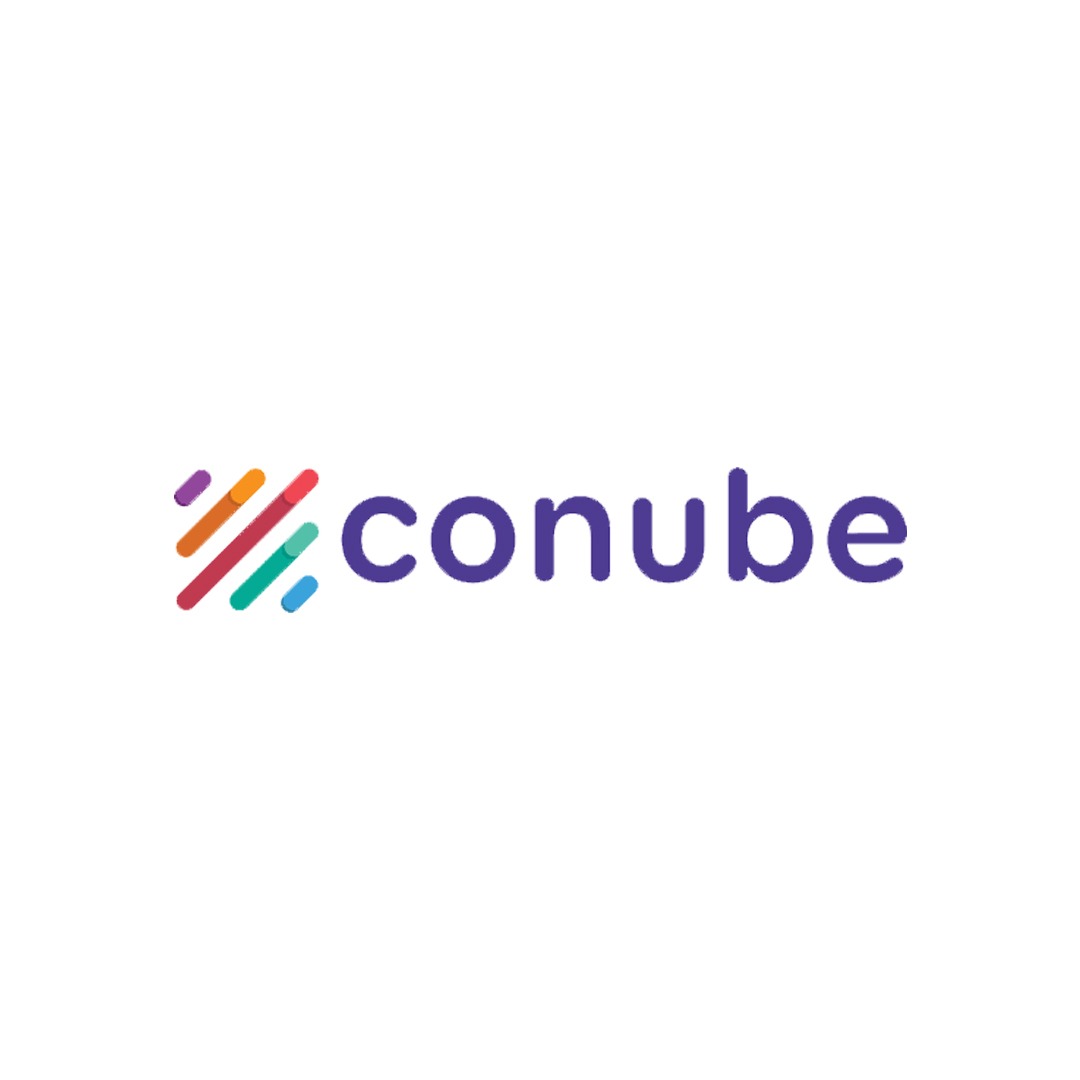








Le risposte dei nostri esperti
Grazie alla nostra tecnologia proprietaria, siamo in grado di recuperare i file colpiti da ransomware Xinglocker. Tuttavia, per fare ciò, è necessaria una conoscenza approfondita del dispositivo di archiviazione che è stato attaccato. Senza questa conoscenza, i file potrebbero essere danneggiati irreparabilmente. I nostri specialisti hanno una vasta esperienza nella gestione di diversi tipi di dispositivi di archiviazione, tra cui sistemi RAID, storage (NAS, DAS, SAN), database, server, macchine virtuali e altri. Questo ci consente di individuare e ricostruire la maggior parte dei file crittografati con successo.
Come scegliere un'azienda per decriptare i miei dati colpiti da Xinglocker?
Poche aziende al mondo sono in grado di decriptare i file ransomware Xinglocker, quindi le informazioni su questa possibilità sono scarse, al punto che molti credono che il recupero sia impossibile. Inoltre, ci sono molte informazioni errate che affermano che la decrittazione non è possibile.
E in mezzo a tutto questo ci sono aziende serie che hanno sviluppato queste soluzioni, come la Digital Recovery.
Le informazioni su questi processi e sui clienti sono riservate, quindi le testimonianze ufficiali sono scarse.
Alla luce di tutto ciò, è importante cercare aziende serie e con diversi anni di esperienza nel mercato del recupero dati, che mettano a disposizione del cliente un esperto con cui comunicare fin dal primo contatto.
Quanto costa il processo di decriptazione del ransomware Xinglocker?
Non è possibile affermare il prezzo del processo prima della diagnosi iniziale, solo con esso è possibile misurare la dimensione del danno causato dal ransomware Xinglocker e analizzare se la decriptazione è possibile o meno.
Dopo la diagnosi iniziale, viene fatta un’offerta economica e, una volta accettata, inizia il processo di recupero. Il pagamento viene effettuato solo dopo la convalida dei file recuperati, effettuata dal cliente stesso.
Negoziare con gli hacker di Xinglocker è una buona opzione?
I criminali contano sul fatto che la vittima li contatti nelle prime ore dopo l’attacco, quindi utilizzano minacce espresse in termini di riscatto; in quel primo contatto la vittima sarà sotto forte stress e potrebbe cedere più rapidamente ai capricci dei criminali.
Si consiglia alla vittima di non contattare i criminali di Xinglocker, ma di rivolgersi, dopo aver verificato l’attacco, a professionisti del settore, affinché, accompagnati da uno specialista, possano analizzare i dati e verificare le possibilità di ripristino.
Gli ultimi approfondimenti dei nostri esperti

Che cos’è la memoria flash?
Sin dalla sua invenzione negli anni ’80, la memoria Flash ha rivoluzionato l’archiviazione dei dati digitali. Essenziale per dispositivi mobili, fotocamere digitali, unità di archiviazione
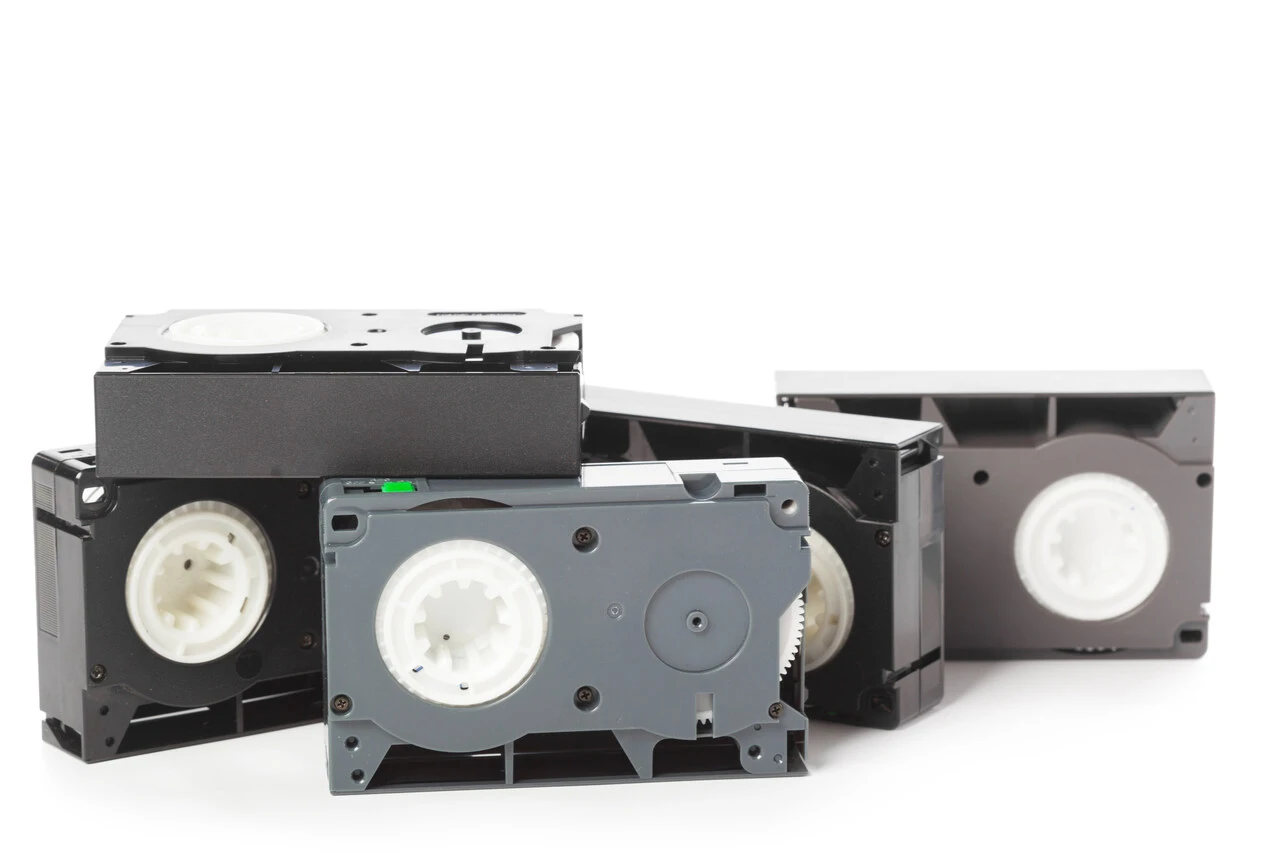
Portabilità dei dati su nastri magnetici
La portabilità dei dati su nastri magnetici consiste nella migrazione dei dati memorizzati su un vecchio nastro a un nastro con la tecnologia attuale. La
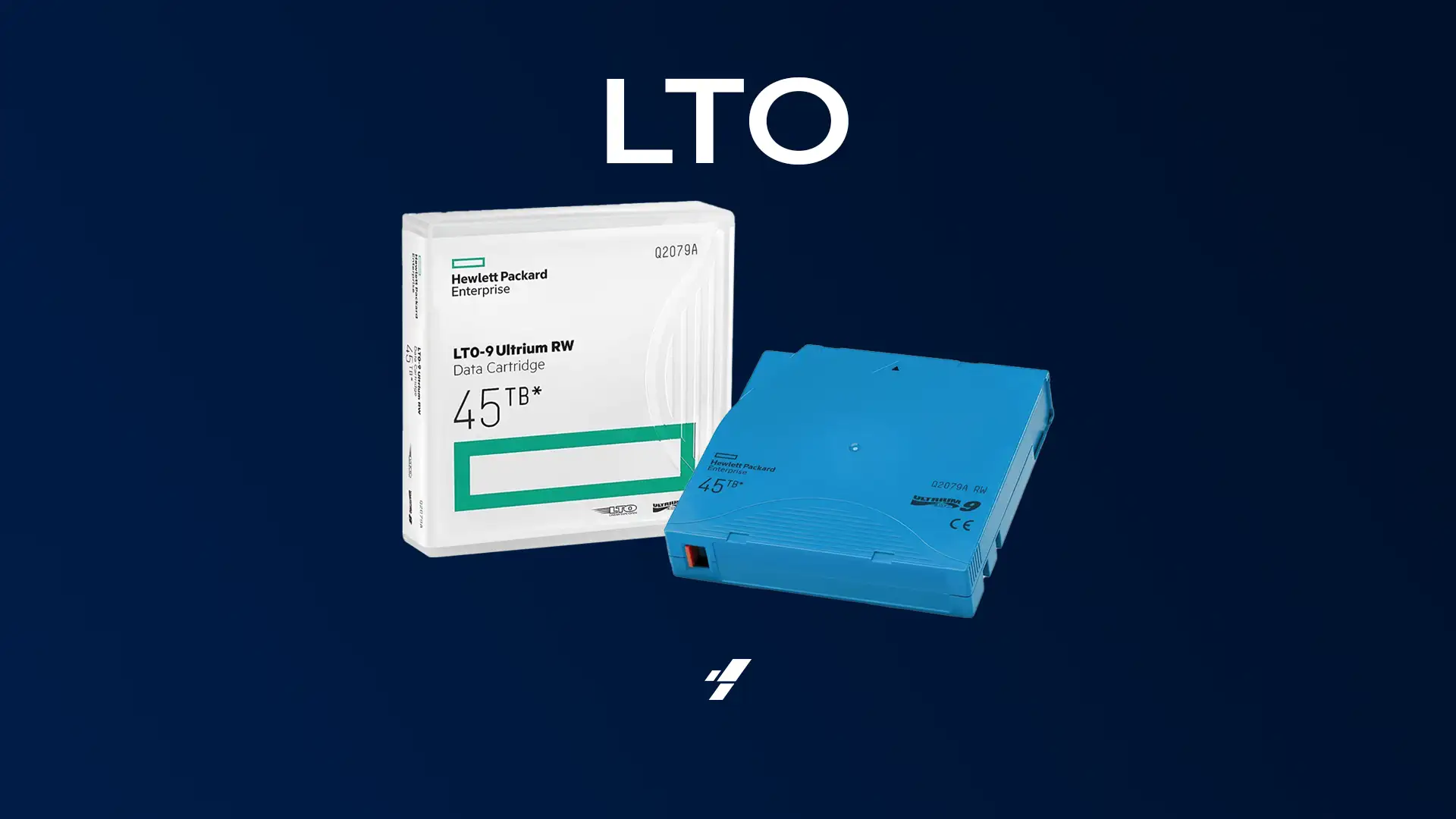
Cosa sono i nastri LTO? Scoprite la potenza dell’archiviazione a lungo termine
I nastri LTO, acronimo di Linear Tape-Open, rappresentano una tecnologia di archiviazione dati su nastro magnetico sviluppata alla fine degli anni ’90 come formato aperto
Cosa c'è da sapere
Come prevenire un attacco ransomware Xinglocker?
Ci sono alcune precauzioni che si possono prendere per prevenire un attacco ransomware Xinglocker, tra cui:
- Mantenere il sistema operativo e i software aggiornati: i produttori rilasciano costantemente aggiornamenti di sicurezza che correggono eventuali vulnerabilità presenti.
- Utilizzare software antivirus e firewall: questi strumenti possono aiutare a rilevare e prevenire gli attacchi ransomware.
- Fare attenzione ai messaggi di posta elettronica: non aprire allegati o cliccare su link sospetti provenienti da mittenti sconosciuti.
- Effettuare il backup dei dati: è importante creare regolarmente una copia dei dati importanti in modo che, in caso di attacco ransomware, sia possibile recuperare i file senza dover pagare il riscatto.
- Formazione dei dipendenti: è importante che tutti i dipendenti siano a conoscenza dei rischi e siano formati per evitare di cadere in trappola, ad esempio, evitando di aprire allegati sospetti o cliccare su link sconosciuti.
Prendere queste precauzioni può aiutare a ridurre il rischio di attacchi ransomware Xinglocker, ma è importante ricordare che nessuna soluzione è completamente sicura e che è sempre possibile essere colpiti da un attacco. In caso di attacco ransomware, è importante agire rapidamente e rivolgersi a professionisti del settore.
Qual è il mezzo di accesso più comunemente utilizzato dagli hacker di Xinglocker per introdursi negli ambienti?
Gli hacker di Xinglocker utilizzano diversi mezzi di accesso per introdursi negli ambienti, ma uno dei più comuni è il phishing. Il phishing è una tecnica di attacco informatico che prevede l’invio di email o messaggi di testo fraudolenti che sembrano provenire da fonti affidabili, come banche, servizi di posta elettronica, social network, siti web, etc. L’obiettivo del phishing è di indurre la vittima a cliccare su un link o ad aprire un allegato infetto, consentendo così agli hacker di accedere all’ambiente della vittima e installare il malware, tra cui il ransomware Xinglocker.
Esiste un comportamento del mio server che posso analizzare per sapere se sono stato attaccato da un Ransomware Xinglocker?
L’elevato consumo di elaborazione, memoria e accesso al disco sono comportamenti sospetti che devono essere attentamente analizzati per valutare se è in corso un attacco.
Poiché il ransomware Xinglocker utilizza le risorse della macchina per eseguire l’esfiltrazione, vengono applicate tattiche di doppia estorsione e crittografia dei dati. Ciò richiede l’utilizzo delle risorse della macchina.
È anche possibile rilevare l’attacco Xinglocker dalle modifiche apportate alle estensioni dei file; questo tipo di rilevamento è un po’ più complesso perché il processo di cifratura è già iniziato.
Cosa succede se non pago il riscatto a Xinglocker?
Se non si paga il riscatto agli hacker di Xinglocker, ci possono essere diverse conseguenze:
- Perdita dei dati: gli hacker potrebbero eliminare permanentemente i file crittografati, rendendo impossibile il loro recupero.
- Diffusione dei dati: gli hacker potrebbero minacciare di divulgare i dati sensibili o privati rubati, causando danni reputazionali e finanziari.
- Richieste di pagamento aggiuntive: gli hacker potrebbero continuare a richiedere ulteriori pagamenti, nonostante il primo rifiuto.
- Nuovi attacchi: se gli hacker hanno già avuto accesso al sistema, potrebbero tentare di attaccare nuovamente o di diffondere il ransomware ad altri sistemi.
È importante notare che pagare il riscatto non garantisce necessariamente il ripristino dei dati. Inoltre, pagare il riscatto incoraggia gli hacker di Xinglocker a continuare a utilizzare tattiche di ransomware contro altre vittime. La migliore strategia per affrontare un attacco ransomware Xinglocker è quella di avere un piano di sicurezza robusto e di sicurezza dei dati, nonché di cercare l’aiuto di esperti in sicurezza informatica.



